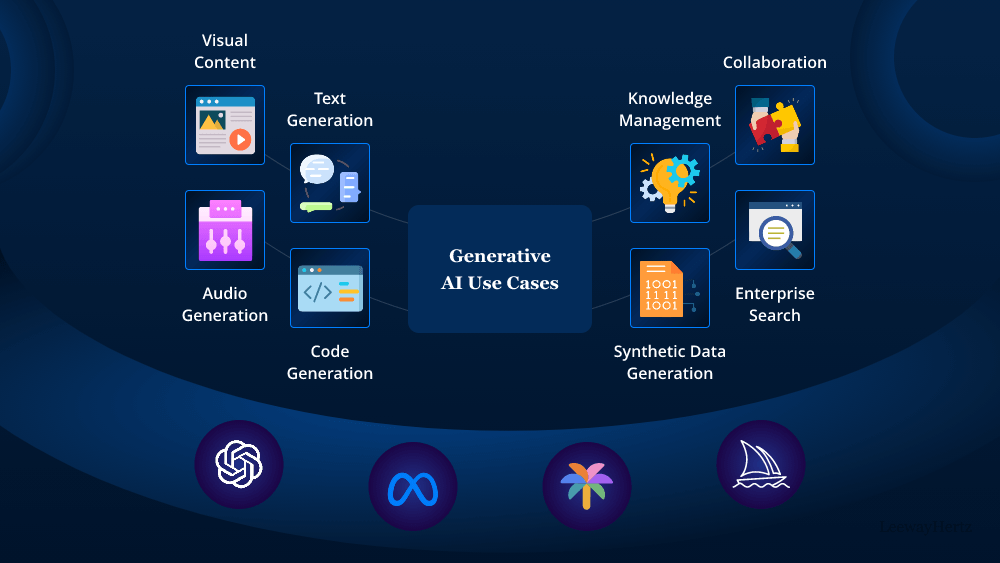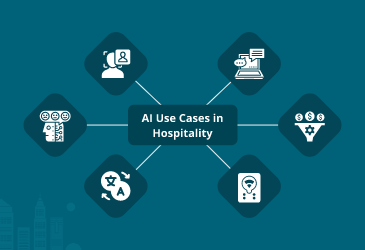Generative AI: Use cases, applications, solutions and implementation
Generative AI demonstrates versatile applications across diverse industries, leveraging its capacity to create novel content, simulate human behavior, and generate innovative outputs based on learned patterns.


Understanding generative AI models: A comprehensive overview
Generative AI is a technology used to generate new and original content. It leverages advanced algorithms and neural networks to autonomously produce outputs that mimic human creativity and decision-making.

What is synthetic data and how to create it?
Synthetic data refers to artificially generated data that replicates the statistical properties and characteristics of real data without containing any identifiable or sensitive information.

Build an LLM-powered application using LangChain: A comprehensive step-by-step guide
LangChain is a framework that provides a set of tools, components, and interfaces for developing LLM-powered applications.

Data Annotation: Types, tools, techniques, and use cases
Data annotation is adding labels or tags to a training dataset to provide context and meaning to the data.

Parameter-efficient Fine-tuning (PEFT): Overview, benefits, techniques and model training
Parameter-efficient Fine-tuning (PEFT) is a technique used in Natural Language Processing (NLP) to improve the performance of pre-trained language models on specific downstream tasks.

AI in hospitality: Use cases, applications, solution and implementation
AI has been making significant advancements in the hospitality industry, reforming various aspects of guest experiences, operational efficiency, and overall management.

AI in manufacturing: Use cases, solution, implementation and applications of AI agents
AI’s capacity to learn from vast datasets can significantly enhance the precision and efficiency of production cycles, diminishing the need for manual intervention in the manufacturing sector.

How to build a private LLM?
Language models are the backbone of natural language processing (NLP) and have changed how we interact with language and technology.

AutoGPT: Overview, advantages, installation guide, and best practices
Auto-GPT is an autonomous tool that allows large language models (LLMs) to operate autonomously, enabling them to think, plan and execute actions without constant human intervention.

Exploratory Data Analysis: Overview, techniques, tools and applications
EDA allows for exploring and examining data for important insights before the actual data analysis process begins. Check out this article to explore the importance, process and techniques of EDA.

Generative AI architecture for enterprises: Development frameworks, tools, implementation, and future trends
By understanding the architecture of generative AI, enterprises can make informed decisions about which models and techniques to use for different use cases.

Reinforcement Learning from Human Feedback (RLHF): Working, applications, benefits and RLAIF
Reinforcement learning from human feedback (RLHF) is a machine learning approach that leverages a combination of human feedback and reinforcement learning to train AI models.



